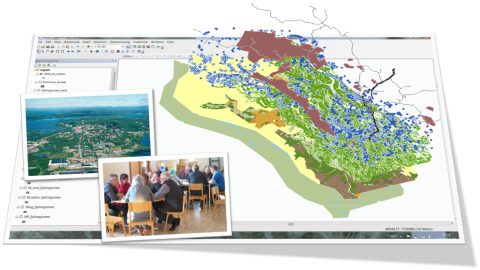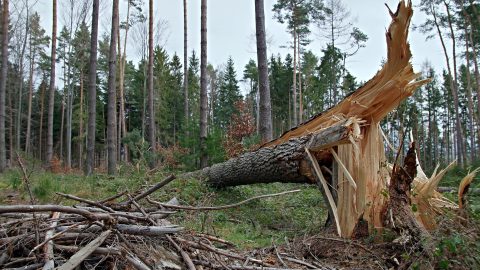To be able to realize their forest ownership when, for example, time or knowledge is not sufficient, services are an important support for forest owners. However, a study of the forestry organizations’ strategies to reach “new” forest owners shows that…
#MeToo highlights the consequences of inequality in the forest sector
At the end of 2017 and early 2018, 150 testimonies from women in the forest sector on various types of violations were published under #finalfelling. This was done in parallel with that similar experiences from other sectors were made visible…
Women lose on declining urban forests
In the increased densification of cities, the city’s green areas and urban forests are gradually decreasing. Even though overview planning emphasizes its importance and role in the city, this process seems to be consistent. In addition to the direct aesthetic…
Forests in municipal planning are important for sustainable development
The use of local natural resources, particularly forest resources, are important for many rural municipalities. Municipal spatial planning is a key tool in finding a balance between ecological, social and economic sustainability in social development based on a landscape perspective…
Forest owners’ motives and external influences are a prerequisite for climate adaptations
Forest management is crucial for adapting the forest to future climate change in Sweden. By increasing the proportion of deciduous and mixed forests, as well as increasing the diversity with regard to, for example, felling age and thinning models, the…
Participation decisive for differences in forest management
Private forest owners play an important role in how forests are managed and with almost 40 percent women among the owners, gender patterns can have an impact on forest management as well as in forest management. Studies show that forest-owning…
Public support for diverse forests
The forest is an important natural resource for Sweden. In order to combat conflicts about how the forest is to be used and managed, it is important to take into account public opinion. Changed climate is expected to increase the…
Opposition reveals new ways to adapt forestry to climate change
Climate change carries with it new risks and challenges, for both forestry and the individual forest owner. Previous studies have shown, however, that there are difficulties within forestry in adapting forest management to new conditions. This study discusses how some…
A weak forest-owner perspective on climate change adaptation creates obstacles
The changing climate places demands on an adapted forest management and use in order to minimize the risks. Despite this, the level of climate change adaptation in many areas of forestry continues to be low. A comparative study of Sweden…
Traditions hinder forests’ adaptation to climate change
As the climate changes, so do the forest and the conditions for forestry. This demands an adaptation of forest management in order to minimize risks and create conditions for forests that will be healthy and resilient in the future. However,…










